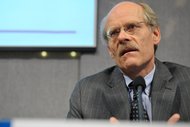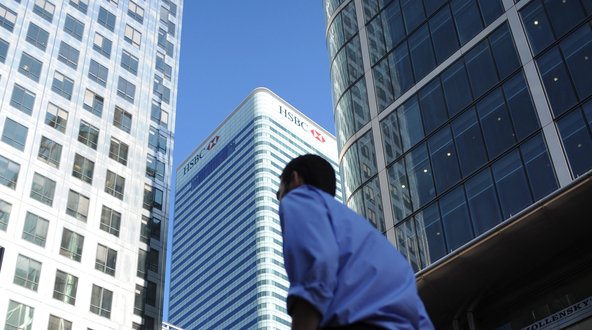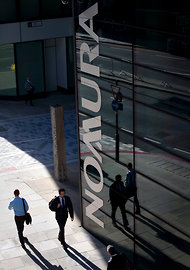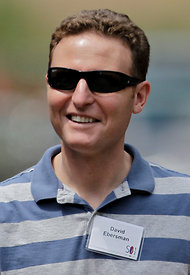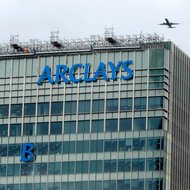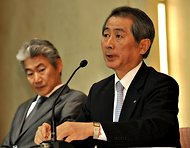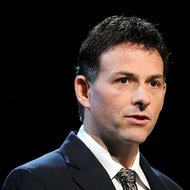DETROIT — The nation’s automakers continued to make gains in June, reporting the strongest performance in six years as the improving economy supported a continued uptick in sales.
The Ford Motor Company led the growth, reporting a 13 percent increase for its Ford and Lincoln brands. General Motors reported gains of 6 percent and the Chrysler Group of 8 percent.
Sales for the Nissan Motor Company rose 13 percent, making the automaker’s best June sales month ever in the United States. The Toyota Motor Corporation, the world’s largest carmaker, reported a sales gain of 9.8 percent. Volkswagen was the only major automaker to report a decline in June sales, of 3 percent.
Over all, June showed the best performance in at least six years for Ford and Chrysler and the best month for G.M. since September 2008, when Lehman Brothers filed for bankruptcy.
“We’re in an economy that gets a little stronger each and every month,” said Kurt McNeil, G.M.’s vice president of United States sales operations.
The gains were fueled by strong sales of pickup trucks and sport utility vehicles, as well as compact cars.
G.M. said that sales of its large pickup trucks surged 29 percent. Sales for Ford’s F-Series trucks rose 24 percent, and Chrysler’s Ram truck sales rose 23 percent.
The swell in pickup sales has been helped by the continued recovery in the housing sector, as well as by lower interest rates, better fuel economy and an aging fleet, said Jenny Lin, Ford’s senior United States economist.
More than four million of the pickup trucks on American roads are more than 12 years old, so pent-up demand is bringing drivers into showrooms, Ms. Lin said.
Small and compact cars produced strong sales for all three Detroit automakers. Sales of Ford’s small cars, including the Fiesta, Focus and Fusion, rose 39 percent for the automaker’s best June sales month in 13 years.
G.M. reported that sales of Chevrolet’s small cars rose 66 percent, helped by its Cruze and Sonic models.
Chrysler and Fiat brand sales rose 1 percent, but sales for the Chrysler 200 midsize sedan were up 14 percent.
Ford and Chrysler estimated a seasonally adjusted annual sales rate of 16 million vehicles for the industry, the highest in six years. G.M. estimated a rate of 15.8 million, the highest since November 2007.

Article source: http://www.nytimes.com/2013/07/03/business/a-stronger-economy-lifts-june-auto-sales.html?partner=rss&emc=rss
